Know what to do to protect yourself if you do.
We will be discussing the risks vs rewards of waiving contingency for the appraised value in your offer to purchase a home…and what you can do to protect yourself if/when you take those risks.
While mortgage interest rates are no longer low, there is still a shortage of homes, and there are still multiple offer situations, especially in the first-time homebuyer space.
What is the “Appraisal Contingency” on an offer to purchase a home?
The appraisal contingency in a home purchase contract is a clause that protects the buyer in case the appraised value of a home in a purchase contract does not appraise for at least the price of the contract. It allows for both parties to negotiate and/or be released from the contract should the parties not come to an agreement.
Here’s an example:
Tom and Michelle are under contract to buy a home for $250,000. After getting under contract, and having the home appraised, the appraised value comes in at $245,000. Tom and Michelle will have some time to negotiate with the sellers, bring additional money to closing, or be released from the contract and retain their earnest money deposit.
Why would anyone offer without an appraisal contingency?
Well, even though mortgage rates are no longer at all-time lows, there is still a housing inventory problem, and when there are multiple offers on a home, you have to make your offer stand out. Waiving appraisal is one of the ways to let the seller of the home know you are serious about your offer.
What can I do to protect myself if I offer without an appraisal contingency?
Here are two good options:
- Order the appraisal quickly and get it back inside the inspection window. In most real estate purchase contracts, there is a window to get your building inspection performed and ask for repairs. This time period is usually 10 days after contract signing. That should be enough time for you to get your appraisal ordered and back. The building inspection is another negotiation “out”, meaning you can ask for repairs to be made on the property as a result of the building inspection, and if the seller doesn’t agree, the buyer can be released and keep their earnest money.
- You can have your realtor and mortgage loan officer examine the value of the property to see if there is a concern over the value.
What happens if it comes in under value, but you still want to proceed?
If you’re getting a mortgage for the purchase, then any lender will require you to have an appraisal, even if you offer without the contingency. Should the value come in under the contract price, the loan amount is computed on the lesser purchase price or appraised value.
So in the case above, the loan amount will be computed at $245,000, and the buyer will have to bring the extra funds to closing.
In conclusion:
Waiving the appraisal contingency in a real estate contract is a great way to get an accepted contract if you are struggling to get under contract. However, there are risks that you and your agent will need to understand and know how to manage those risks to your benefit.







